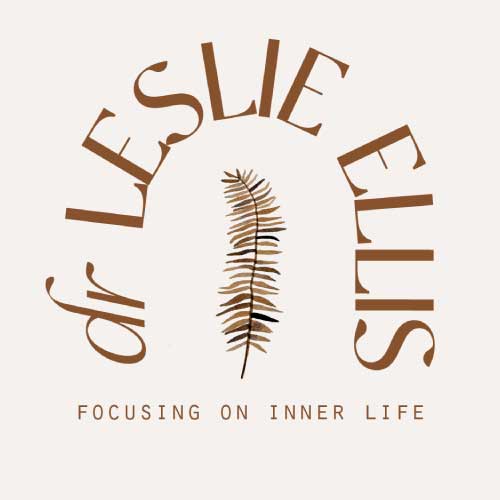In my continuing bid to get the word out about the alarming link between frequent nightmares and increased suicide risk, I wrote a review paper that was just published. In it, I cover the growing body of research documenting evidence of this strong connection. I also explore the potential mechanisms at work that make nightmare sufferers more prone to suicide, and discuss treatment and the need for more research.
Recently, I’ve had conversations with several psychotherapists who came across my writings on this topic. I have been consulting with some of them about clients who fit the typical profile of concern: a person suffering from posttraumatic stress who has nightmares almost every night, and has attempted suicide, or is in danger of doing so.
Much of my work involves keeping abreast of nightmare research, developing and honing a treatment protocol based on current evidence and my depth of clinical experience. I also share this information via my writing and courses, including an online course specifically covering nightmares and suicide, and what clinicians need to be aware of.
Here is the abstract and citation for the paper. Please share it with anyone who might benefit from knowing about this.
The Alarming Nightmare-Suicide Link: Evidence, Theories, and Implications for Treatment
A robust link has been established between frequent nightmares and increased risk of suicide, both in adult and adolescent populations. Yet nightmares remain vastly undertreated for a confluence of reasons: patients rarely talk about their nightmares, clinicians rarely ask about them, and too few clinicians are trained to treat disturbing dreams. Current clinical research shows that nightmares are not only associated with posttraumatic stress disorder (PTSD), but also are more prevalent in most psychiatric disorders. There are myriad reasons for clinicians to inquire about and treat nightmares: Patterns of disturbed dreaming, and content of nightmares can provide warning signs of suicide; dream content can aid in diagnosis, treatment, and assessment of response to treatment; and there are established, evidence-based treatments for nightmares that appear to reduce nightmare frequency and distress, as well as other symptoms of post-traumatic stress. Mechanisms of action remain unclear, and the range of treatment options could be expanded, so further research is needed. In the meantime, viable nightmare screening and treatment options currently exist that have the potential to mitigate suicide risk. This review summarizes the extant body of research in this clinical area.
Ellis, L. (2024). The Alarming Nightmare-Suicide Link: Evidence, Theories, and Implications for Treatment. SIS Journal of Projective Psychology & Mental Health, 31(2).
Join me on substack for an ongoing journey into the world of dreaming!
www.https://dreamsdemystified.substack.com/
Subscribe to get full access to my complete book chapters, publication archives, and to come: recordings, lectures, papers and more.



